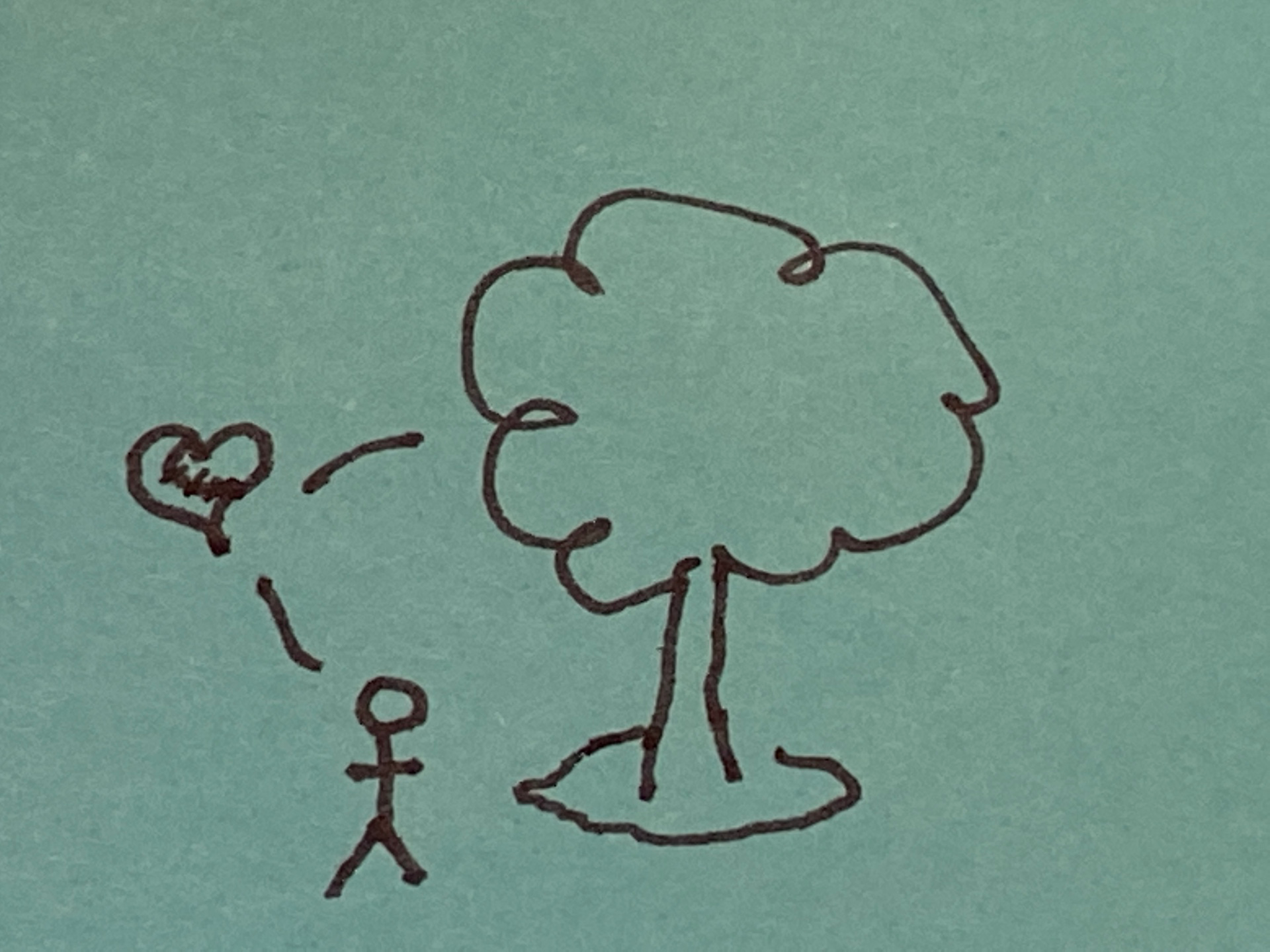Flourishing Earth
Regenerate Earth’s natural systems in acknowledgment of our dependence on them.

as we’re striving to build a World That Works and supports a Global Civilization, we’re forgetting how much we depend on other life. We’re deluding ourselves that humans can benefit at the expense of all the other life on Earth.
We depend completely on Earth’s natural systems to maintain an environment in which we can survive, yet we’re still damaging it faster than it can heal itself, and we’re making it more and more fragile.
A legacy of scarcity
Buckminster Fuller coined the term Spaceship Earth to accurately illustrate our situation as a fragile species traveling through the harshness of the universe aboard a spherical ship that has provided us relative safety for 300,000 years. When Fuller wrote Operating Manual for Spaceship Earth in 1969, a common understanding of our situation on the planet was that there simply wasn’t enough food and resources to go around and that we were headed for a great rebalancing where a large portion of the population was going to necessarily die off. In a situation like that, the goal, of course, is to be one of the survivors. Such a view leads to a very different metaphor: the world as a lifeboat. If a lifeboat is already filled to capacity, then it’s necessary to keep those people still in the water from trying to climb aboard, or the lifeboat will capsize and everyone will be lost. This view of the our situation on the planet is still very much part of our culture, but it’s no longer accurate.
An abundant future
Technology and human innovation have made it possible to do so much with so few resources, that rather than living in a world of extreme scarcity, we live in a world where many things, including food, are abundant. That’s really good news, but that success has come at a cost: we’ve managed this abundance by severely damaging the planet we live and depend on. The great challenge of our time is to figure out how to create abundance while allowing Earth to flourish.
As Medard Gabel points out in Design Science Primer, “The conception of Earth as a spaceship helps us to organize our thinking about ourselves. The metaphor can help to make us aware that we are inherently linked to the well-being and effective operation of this tiny ship; like astronauts, we are responsible for the maintenance of the craft that protects and supports our lives. The metaphor is not intended to suggest that the Earth is a simple machine, or to diminish its beauty or integrity—or to suggest that it’s only here for humans.”
Humans exist because Earth provided the conditions from which we could emerge. As we damage it, we’re damaging ourselves. As we pollute our air and water, we’re polluting ourselves. For our own health and survival, we need to restore the balance. We can flourish only if Earth is flourishing.
All hands on deck
While humans have the unprecedented power to damage or even destroy Spaceship Earth, we also have a unique choice: to be crew and not just passengers. We can choose the role of World Creators. If we choose to, we have the capacity to operate the ship at its optimal level. Again, quoting Medard Gabel: “Since Spaceship Earth did not come with an operating manual, our future depends on our ability to employ our knowledge in designing the best possible solutions to our problems.”
Regeneration, not sustainability
To re-stabilize our planet, we need to go beyond just stopping the damage, we need to restore the Earth’s systems as best we can. We’ve already done an immense amount of damage, but practices such as permaculture strive to actively restore natural systems. We can still undo much of the damage that we’ve done, while we work to ensure that our human systems are redesigned such that they never damage our precious Spaceship Earth again.
Therefore:
Honor your dependence on Earth and help heal yourself by working to heal and restore a portion of Earth’s natural systems. Such healing can take place at many different levels, from practicing permaculture to redesigning the way all our human systems work.
This all may seem like a daunting task, and it is, but you can start small: work to build your capacity as a problem-solver and start creating a better world at the same time—Creative Practice—by figuring out what you can do using your current skills—YOURS TO DO—and move step by step towards finding Your Innovations